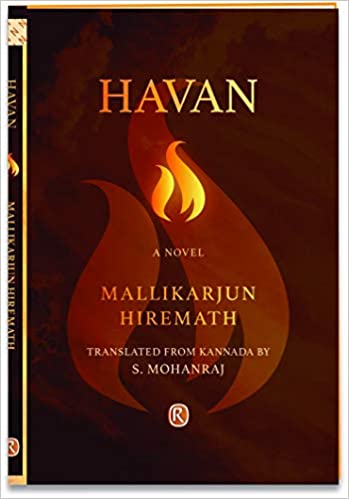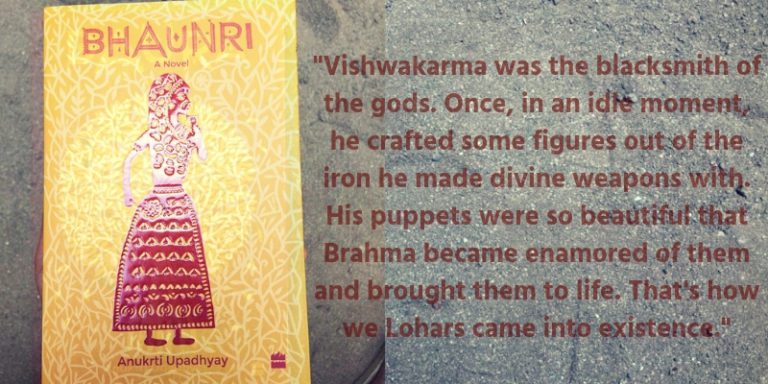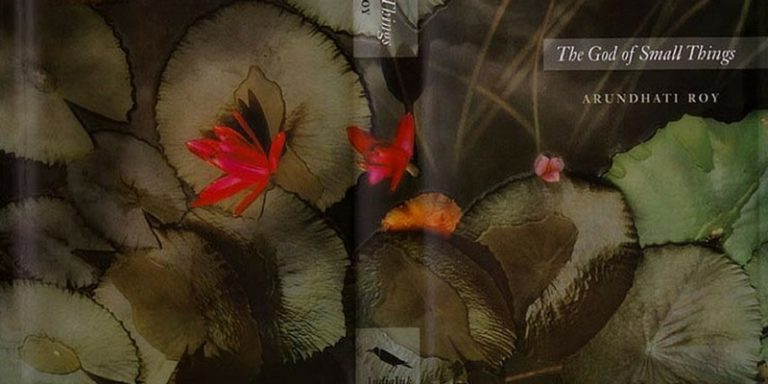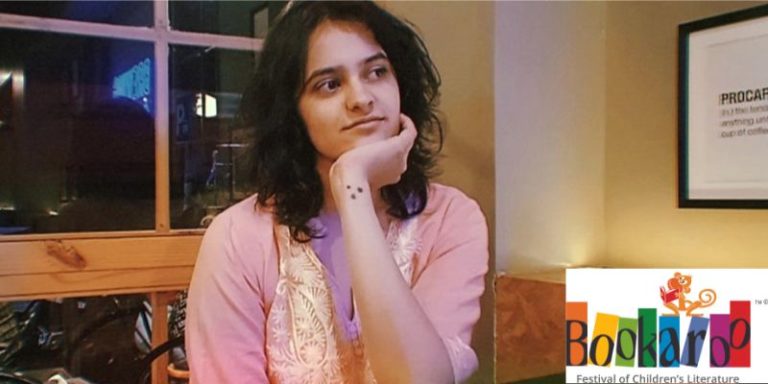Each summer vacation , Lakshmi would visit our home. A traveller, a banjara probably a lambani she would sing folk songs referring to some God or talking of the general ‘samasye'(issues) her community , her family faced. Laced with love, pain and strumming an instrument similar to harmonium she would sing. Searching my hazy memory I remember a blurred image of her distinct dressing , the songs and the conversations she would hold with my mother. She stopped coming from past few years, although we still remember her.
We encourage you to buy books from a local bookstore. If that is not possible, please use the links on the page and support us. Thank you.
Havan by Mallikarjun Hiremath documents the life of Lambanis or the Lambada tribe. I presumed the title of the book had to do something with ‘havana’ or ‘yagna’, but here it refers to Havan Thanda. Thanda though in Kannada means a team, in this context it means settlement.
Havan Thanda is the settlement of the Lambani community who live as thandas in various locations. Situated near Kalluru, the people of the settlement generally worked as labourers in the aforementioned village- harvesting crops, and doing minor work for the landlords. While their traditional works were on the decline the community tries to uphold their cultural aspects.

Havan is divided into two parts. The first part is narrated by Bassappa Master, a school teacher who arrives at the Thanda. Interwoven with the folktales, and the origins of the community, it is crucial to a socio-cultural understanding of the community.
The second part deals with the aftermath of a tragic end to their desire to own farming land. It talks of the changing landscapes of the thanda, generation gaps, losing the traditional values, the tussle between the intent to move forward but remaining true to their roots, aftermath of the changes.
Thanda: Then and now
Somalya Nayak, the chief of the thanda nurtures a long unfulfilled dream of owning and tilling their own land. As someone who envisions a brighter future for his community, giving importance to education and justice, Somalya is an able and just leader.
Basappa Master helps in the community activities, eager to learn of them easily blends with them though encouraged to take a transfer from his family and friends. As they near their dream of owning the grazing land between thanda and Kalluru, the villagers from Kalluru try to foil their hard work. A classic tussle between the rich and poor, changing political pictures and class differences with the greed of their own tribe shatter many a life in thanda. The latter narratives talk of changing landscapes, greedy intentions and an unexpected culmination of events.
Detailing the community customs
Lambanis as a community were nomads travelling primarily for(migrating for work rather than culturally). Settled over areas in Maharashtra, Andhra and Karnataka, speaking Lambada they are characterized by their distinct dress and language.
With urbanization, many have lost their treasured culture as the younger generation looks for more lucrative occupations. Engulfed in the story is the story of any generation gap where the older one is always trying to save the culture from vanishing in the changing time and tide.
Their festivals are full of alluring songs, and music, dancing under the moonlight and assembling the entire community are now taken over by blaring loud film songs. The blouse and skirt now exchanged with saree and blouse, as well as the younger generations’ hesitancy to accept their origins is a sad state of truth, not limited to Lambada.
Translation and my interest
The translation from Kannada was done by S Mohanraj to both Telugu ( along with his wife Jayashree S Mohanraj) in 2004 and English in 2019. Quoting from the translator’s note:
“I found the work to be more challenging, for English lacked some of the exact equivalents for idiomatic expressions used in Kannada and particular terms associated with local tribes.”.
The translation reads easily barring the ones of the folk songs (a mix of Rajasthani, Kannada and Telugu) which is transliterated as well as translated in the form of a summary. Including the original folk songs gives a rustic feel to the book improving the overall vibe and feel.
“satya seva bhaya, sadguru chhaya
bala karunalu chhaya
namma nuvu apathu dooramadi
kala kattaladaga jyothiyagi
kai hididu nadesu chhaya”
The second half was more engaging and interesting for its narratives. I have never read of the community in fiction earlier and commend the author for the research undertaken and the beautiful prose. Give Havan a read to familiarize the hardships and customs of Lambadas.
Favourite quote

Final Verdict: 3.75/5
You can learn more about the community here:
- This Research Paper
- This Google Arts Project looks at their homes and life
- A mobile app was developed for their welfare
- This story shows their role in the modern world






















4 Responses
Nice review. I first came to know of ‘Thanda’ during my visit to Bijapur, we visited a place called Mahal Thanda, also a Lambini thanda that houses the ruins of a blue print/test monument of the Gol Gumbaz. Sounds intriguing that we get to know of the community in this book.
Thank you Divya 🙂
Impressed by Swathi’s review.
Impressed by Divya’s review.